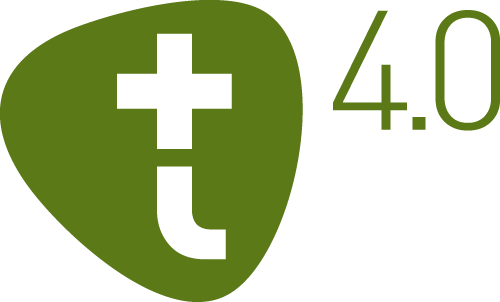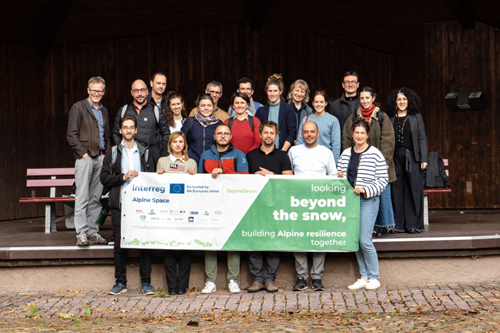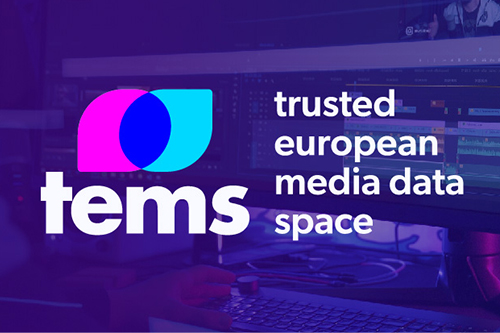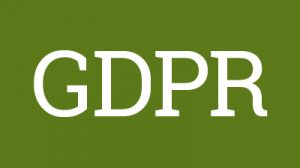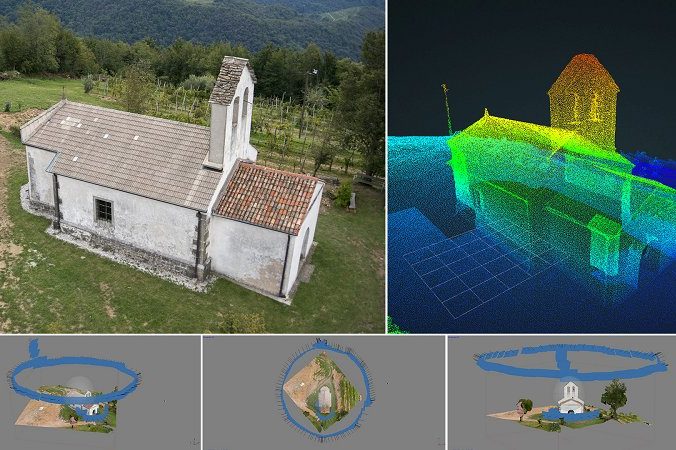
With the fast advancement of technologies and increasing accessibility of professional equipment, the quality of digital materials and consequently the minimal standards for processes of digitisation are continuously updating. The intention of T4.0 Technical Guidelines is to provide the latest technical framework to support organisations in reaching results of the highest quality.
Guidelines for digitisation of cultural heritage are useful for heritage institutions, local and national authorities as well as service providers, and aim to assist in public procurement procedures and overall support the digitisation processes.
The first version of the Technical Guidelines for Digitisation of Cultural Heritage covers digitisation of visual, audio, video, 3D and 360° materials and points to references regarding metadata. The guidelines are an update of the guidelines prepared in 2013 by the Ministry of Culture of the Republic of Slovenia. Especially the development of digitising 3D objects has experienced a significant progress in the last years. Moreover, the minimum requirements for visual, video and audio material have been raised.
Prepared by the expert group of the Tourism 4.0 Partnership, the guidelines will be annually updated according to the development of technologies, accessibility of equipment, broadly accepted practices and other criteria of quality digital materials.
Read the guidelines. It is the first step in the process of digitalisation.
